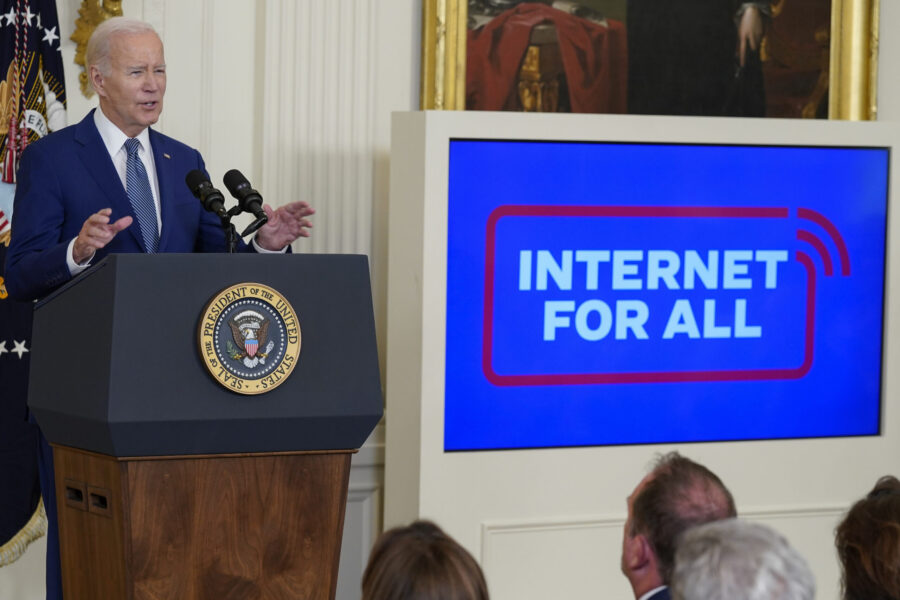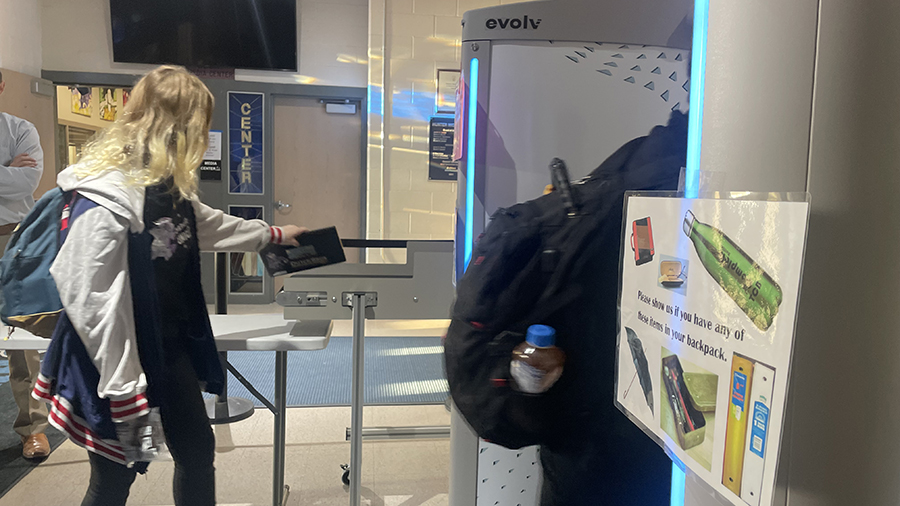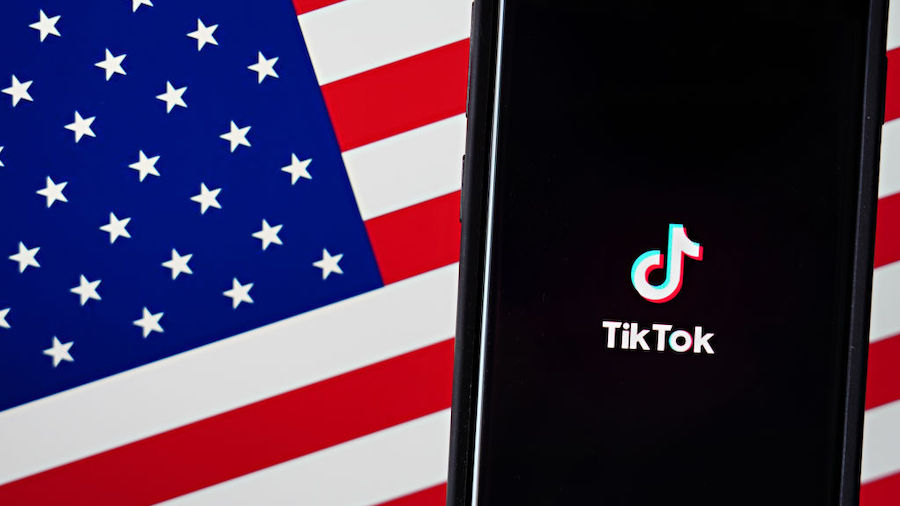FCC adopts rules to eliminate ‘digital discrimination’ for communities with poor internet access
Nov 15, 2023, 5:29 PM

FILE - President Joe Biden speaks during an event about high-speed internet infrastructure in the East Room of the White House, Monday, June 26, 2023, in Washington. The Biden administration on Monday, Aug. 21, continued its push toward internet-for-all by 2030, announcing about $667 million in new grants and loans to build more broadband infrastructure in the rural U.S. (AP Photo/Evan Vucci)
(AP Photo/Evan Vucci)
WASHINGTON (AP) — The Federal Communications Commission has enacted new rules intended to eliminate discrimination in access to internet services, a move which regulators are calling the first major U.S. digital civil rights policy.
The rules package, which the commission ratified on Wednesday, would empower the agency to review and investigate instances of discrimination by broadband providers to different communities based on income, race, ethnicity and other protected classes.
The order also provides a framework for the FCC to crack down a range of digital inequities including the disparities in the investment of services for different neighborhoods, as well as the “digital divide,” a term experts use to describe the complete lack of internet access many communities experience due to regional or socioeconomic inequality.
FCC Chairwoman Jessica Rosenworcel said that Congress required the agency to adopt rules addressing digital discrimination, through bipartisan infrastructure legislation passed at the start of the Biden administration.
“The digital divide puts us at an economic disadvantage as a country and disproportionately affects communities of color, lower-income areas, and rural areas,” Rosenworcel said in a statement to The Associated Press.
“We know broadband is essential infrastructure for modern life, and these rules will bring us one step closer to ensuring everyone has access to the internet, no matter who they are or where they live,” she said.
Poorer, less white neighborhoods were found to have received lower investment in broadband infrastructure and offered worse deals for internet service than comparatively whiter and higher-income areas. That inequity in access “was especially pronounced during the pandemic,” the chairwoman said.
There is no clear standard for tracking inequities in the provision of digital services, though communities impacted by other discriminatory practices such as redlining and rural disinvestment report worse rates of service or outright lack of access. The FCC hopes its new rules will streamline the process for reporting such issues to establish an official record of discrimination going forward.
The rules allow the agency to examine whether an internet service provider knowingly discriminated against a community in how it built, upgraded or maintained internet access, as well provide a framework for determining whether a proposed service plan would create a “discriminatory effect” that couldn’t otherwise be avoided by reasonable steps.
“While the intent of the statute is to apply pressure to internet service providers in order to avert discrimination, it also eases the responsibility of states and localities who are receiving (federal infrastructure) funds to have that same responsibility,” said Nicol Turner Lee, director of the Center for Technology Innovation at The Brookings Institution.
The telecommunications industry has opposed the framework, arguing that the policy would hamper investment in communities by requiring regulations that the industry says are unnecessary. In a statement after Wednesday’s vote, The National Cable and Telecommunications Association, the industry’s main trade association, called the new rules “potentially unlawful.” The group also said the FCC was seeking “expansive new authority over virtually every aspect of the broadband marketplace.”
“Many, if not most, long-standing, uniform business practices could be seen to have differential impacts on consumers with different income levels,” the group said.
Meanwhile, Free Press Action, a digital advocacy group, applauded the new rules and called on the FCC to go further by reclassifying some aspects of broadband to bring about “quick action to bring back the important oversight powers the agency needs to do its job.
During Wednesday’s FCC hearing, Brendan Carr, one of the agency’s commissioners, argued that the new policies opened the agency up to potential litigation and would hamper operations by the telecommunications industry. “It’s not about discrimination. It’s about control,” said Carr, who said that the telecommunications industry had entered a “Faustian bargain” by supporting the bipartisan law and had previously called the framework a “power grab.”
“Ignoring disparate impact would have denied Congress’s directive to this agency. It is simply not plausible that we could prevent and eliminate digital discrimination by solely, solely addressing intentional discrimination,” said fellow commissioner Geoffrey Starks. “The rules we adopt here today are not the end of our work.”
The FCC is also poised to reimplement landmark net neutrality rules that were rescinded under the Trump administration. President Joe Biden has said the investments in the bipartisan infrastructure law are meant to connect every U.S. household to quality internet service by 2030 regardless of income or identity.
“Whatever the FCC does in terms of discipline or punishment, I would hope that the benefit goes to the community being discriminated against in the form of more equitable deployment,” said Christopher Ali, a professor of telecommunications at Pennsylvania State University.
“That’s going to be difficult to order. But we need to make sure that the communities are reaping the benefits of these decisions. I think not just that these companies have been punished,” said Ali, who participated in an FCC diversity and equity working group focused on takeaways from the pandemic.
“It’s unclear at the moment how many complaints would be needed for the FCC to elevate it to an investigatory issue,” Ali said. “So maybe then, that’s where community groups and local organizations are going to become absolutely vital.”
Matt Brown is a member of the AP’s Race and Ethnicity team. Follow him on social media.













